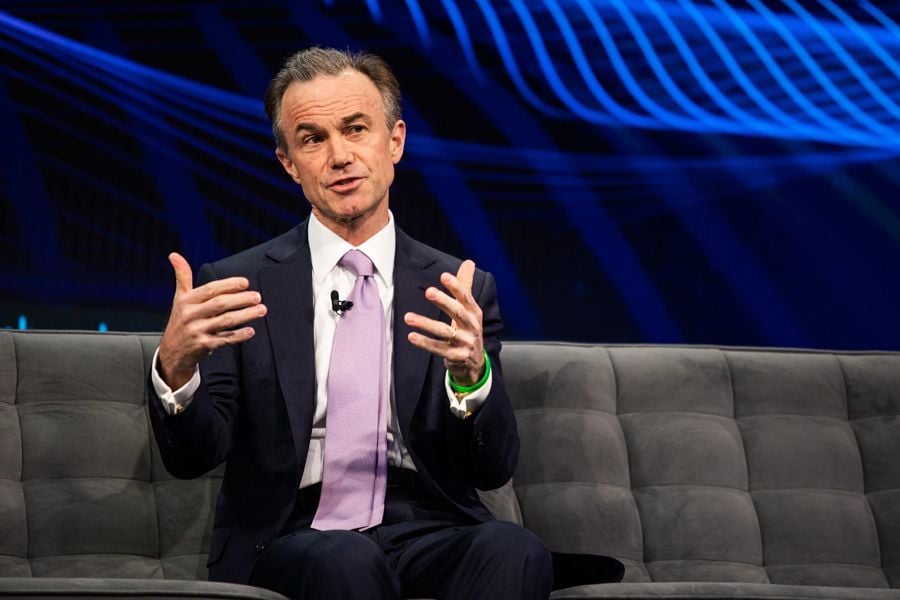

Rockefeller Capital Management, a longtime family office that five years ago plunged into the broader wealth management business, said Monday it had sold a 20.5% stake for $622 million, putting a valuation on the firm in the neighborhood of $3.1 billion.
As of the end of last month, the firm oversaw $100 billion in client assets across its three businesses: Rockefeller Global Family Office, Rockefeller Asset Management and Rockefeller Strategic Advisory. Financial advice and wealth management norms have long pegged valuations of registered investment advisors at 1% of a firm's assets; in the case of Rockefeller Capital Management, that back-of-the-envelope math is closer to a 3% valuation.
IGM Financial Inc., a member of the Power Corp. of Canada, is making the new investment in Rockefeller Capital. Viking Global Investors remains the firm's majority investor, according to a statement by the companies.
IGM Financial is a wealth and asset management company with approximately Canadian $258 billion, or U.S. $192 billion, in total assets under management and advisement at the end of February.
"This will accelerate our next phase of growth as we continue to build a best-in-class independent financial advisory firm on the legacy of the Rockefeller Family Office," Rockefeller CEO Greg Fleming said in the statement.
Fleming said last summer that the firm planned to add as many as 115 financial advisor teams in coming years as it expands throughout the U.S.
Just last month, Rockefeller Global Family Office said it hired San Francisco-based Marchetti Porter Wealth Partners, which reportedly had $1 billion in client assets, from First Republic Bank.
"This investment puts Rockefeller in a position to be a more aggressive acquirer and buyer," said Peter Nesvold, partner with Republic Capital Group. "Rockefeller had been focused on doing the liftouts of teams from wirehouses."
Pegging valuations of wealth management firms and enterprises like Rockefeller Capital is difficult and requires some art along with the math.
For example, Alvarium Tiedemann Holdings Inc., which listed at the start of the year, Tuesday had a market capitalization of $1.34 billion, with the company recently reporting $60 billion in assets. That translates into a rough valuation for Alvarium Tiedemann of 2.3% of the firm's assets, almost a whole percentage point less than Rockefeller Capital Management after the investment from IGM Financial.
"Part of it comes down to the Rockefeller name, which is a ubiquitous brand," Nesvold said. "Tiedemann has a decent amount of merchant banking revenue, as well as hedge fund investing and ownership. Those kinds of businesses trade at lower multiples."
"The clearer and cleaner valuation for wealth management firms is in the private markets these days," he added. "It's tough to make the comparison between private market and public market deals in the financial advisor space."

From outstanding individuals to innovative organizations, find out who made the final shortlist for top honors at the IN awards, now in its second year.

Cresset's Susie Cranston is expecting an economic recession, but says her $65 billion RIA sees "great opportunity" to keep investing in a down market.

“There’s a big pull to alternative investments right now because of volatility of the stock market,” Kevin Gannon, CEO of Robert A. Stanger & Co., said.

Sellers shift focus: It's not about succession anymore.

Platform being adopted by independent-minded advisors who see insurance as a core pillar of their business.
RIAs face rising regulatory pressure in 2025. Forward-looking firms are responding with embedded technology, not more paperwork.
As inheritances are set to reshape client portfolios and next-gen heirs demand digital-first experiences, firms are retooling their wealth tech stacks and succession models in real time.
